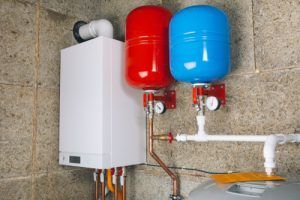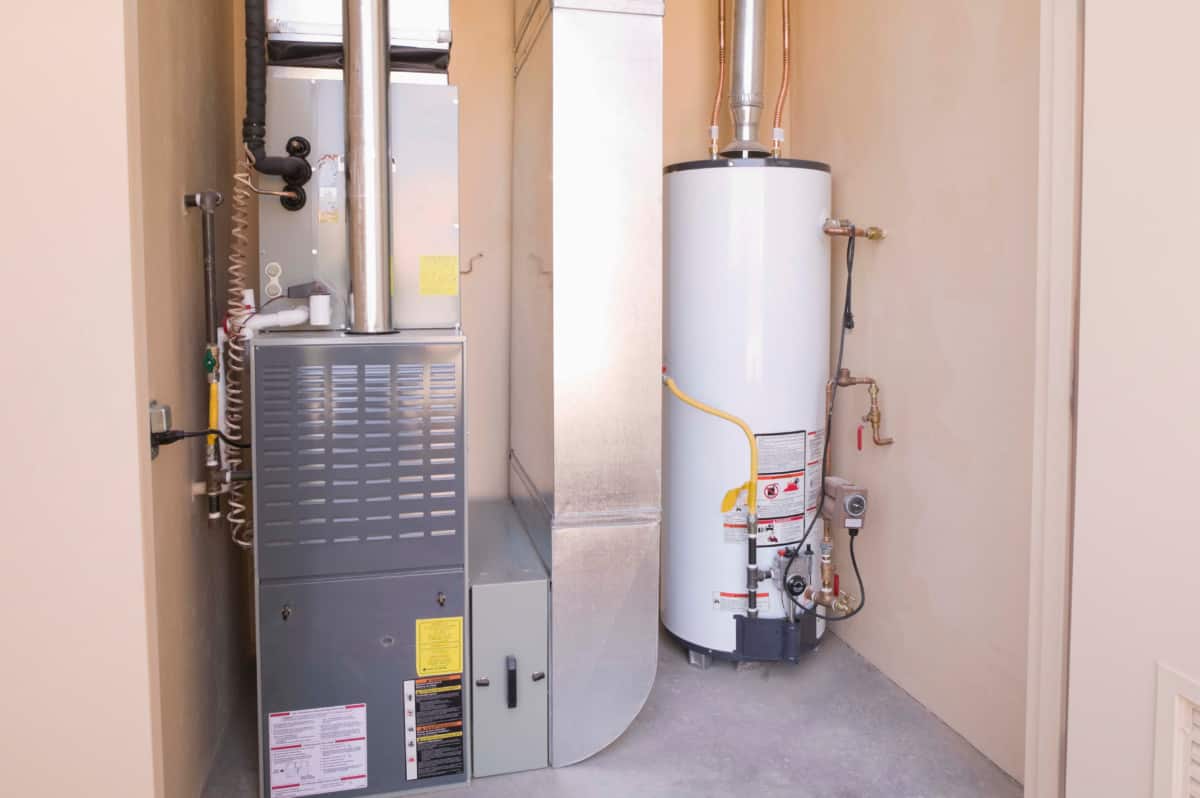Handling the Everyday Heater Urgent Problems
Handling the Everyday Heater Urgent Problems
Blog Article
Are you searching for details about Is Your Water Heater Leaking??

A hot water heater is just one of the most essential fundamental home appliances that can be located in a house. With hot water heater, you do not need to go through the anxiety of heating water manually each time there is a requirement to take a bath, wash, or the recipes. There is constantly an opportunity that your water heating unit would certainly act up as with many mechanical gadgets.
It is essential to note any little malfunction and also tackle it promptly before things leave hand. Most times, your hot water heater begins to malfunction when there is a build-up of debris as a result of continuous usage. As a precaution, regular flushing of your water heater is recommended to prevent debris buildup and also stop functional failing.
Common hot water heater emergency situations and how to handle them
Leaky hot water heater container.
In this scenario, you must turn off your water heating system, permit it to cool down, as well as carefully look for the source of the issue. At times, all you require to do is to tighten a couple of screws or pipe links in cases of minor leaks. If this does not work and also the leak lingers, you may require to employ the services of a technician for an appropriate substitute.
Changing water temperature.
Your water heater could begin creating water of different temperature levels normally ice chilly or hot hot. In this scenario, the first thing you do is to make sure that the temperature is set to the desired level. If after doing this, the water temperature level maintains changing during showers or other tasks, you may have a malfunctioning thermostat. There could be a need to change either the thermostat or the heating system of your water heater.
Inadequate warm water
Managing an insufficient supply of warm water can be irritating. It may be that the water heater can't support the hot water need for your home. To deal with this issue, you might try to adjust your heating system's temperature dial and also wait for a few mins. You can ask for the aid of a professional plumber if the issue persists. You might upgrade your water heating system to one with a bigger capacity.
Stained or odiferous water
When this occurs, you require to know if the problem is from the container or the water resource. If there is no amusing scent when you run chilly water, then you are specific that it is your water heating system that is malfunctioning. The stinky water can be triggered by corrosion or the build-up of microorganisms or debris in the water heater storage tank.
Final thought
Some home owners ignore little caution as well as minor faults in their water heater system. This just leads to additional damages and a possible total breakdown of your device. You ought to deal with your water heater mistakes as quickly as they come up to prevent more expenditures and unneeded emergency problems.
With water heaters, you do not need to go via the tension of heating water manually every time there is a need to take a bath, do the washing, or the dishes. Your water heating system can start creating water of different temperatures generally ice cool or scalding hot. It might be that the water heating unit can't support the hot water need for your home. If there is no amusing odor when you run chilly water, then you are certain that it is your water heating unit that is malfunctioning. The stinky water can be triggered by corrosion or the buildup of germs or sediments in the water heating system storage tank.
Common Water Heater Issues and What You Should Do
What Type of Water Heater Do You Have?
Before we begin it’s first important that you identify the type of water heater you have on your property. There are two main types of water heaters out there: conventional and high efficiency.
Both of these types of products typically use either gas or electricity to heat power. There are also solar water heaters that use a thermal collector on the roof or yard to heat the water.
While these models are not as common, they can cut heating costs in half. In this article, we will focus on conventional and high efficiency.
How Do My Electric and Gas Water Heater Work?
Though they look similar, electric and gas water heaters work very differently. It’s important to know their basic function because often problems can be specific to the heating source.
In the electric model, a thermostat on the side of the machine detects the temperature of the water in the tank. When the temperature needs to rise electricity flows to a heating element suspended in the water.
Gas models also use a thermostat device — typically with a mercury sensor at the tip and an additional sensor called a thermocouple. The thermocouple detects whether the pilot light is on and controls the flow of gas.
When the thermostat drops below the appropriate level gas is released which becomes ignited by the pilot light. The flame heats the bottom of the water tank which causes hot water to rise and cold water to drop.
This natural circulation continues until the water reaches the desired temperature. Then, the thermostat triggers the gas control valve to shut off the flow of gas.
What Are the Most Common Issues and How Do You Fix Them?
https://happyhiller.com/blog/common-water-heater-issues-and-what-you-should-do/

I came across that page on Is Your Water Heater Leaking? while doing a search on the web. If you enjoyed reading our page plz be sure to share it. We appreciate reading our article about Common Hot Water Heater Problems.
Rapid response assured. Report this page